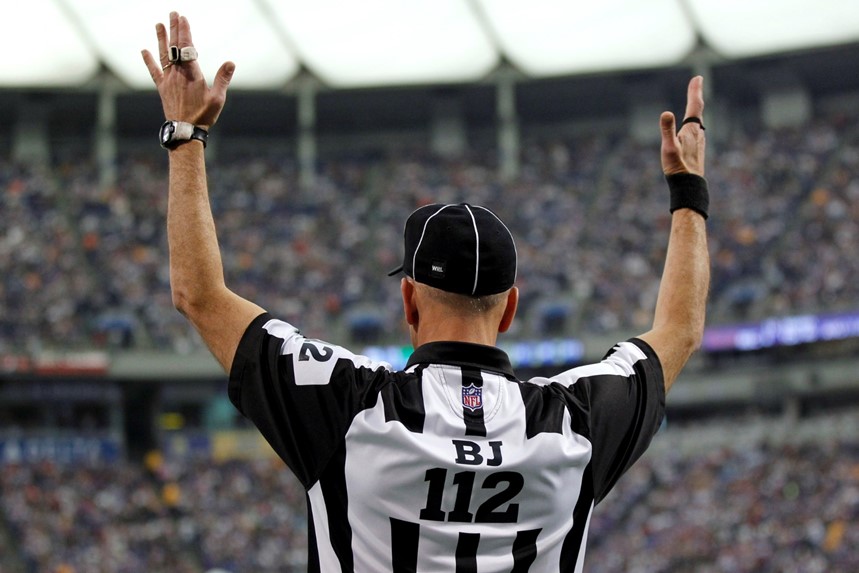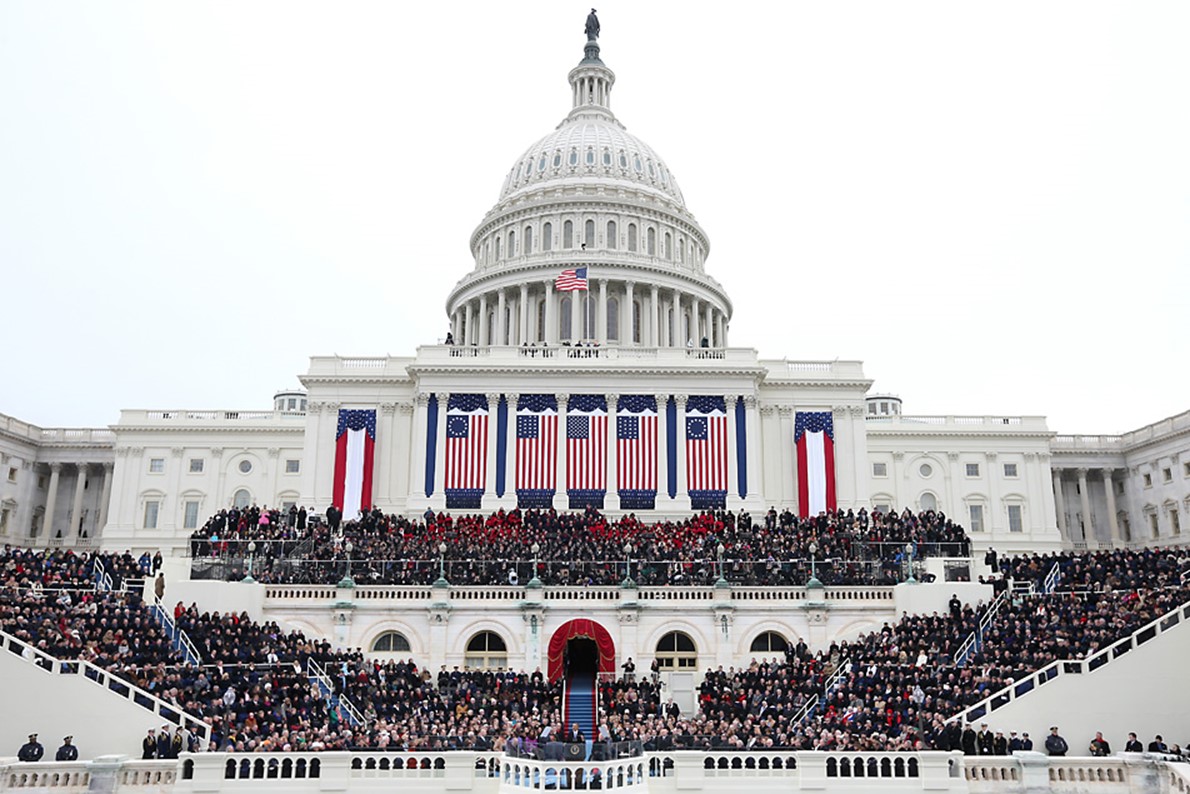An Alternative Method Of Financial Aid
January 27, 2017 in Daily Bulletin

We’ve previously covered Seeking Arrangement, a website that allows college students to find “sugar daddies” that’ll give them money in exchange for companionship and sex. Ivana Hrynkiw wrote about the website’s latest figures:
- 1.2 million students registered for the service in 2016.
- Temple University and New York University – in pricey Philadelphia and Manhattan respectively – saw the greatest growth in student signups.
- The website argues that it helps students graduate without taking on student debt.
- Those who have a .edu email address can sign up for free.
- The average “sugar baby” earns $2,440 a month.
- 39% of the money is spent on tuition. 30% on housing. 21% on textbooks.
Read more on Al.
Via: Marginal Revolution






![peace-sign-furious-7-rest-in-peace-paul-walker-jpeg-292014[1]](http://www.Centives.net/S/wp-content/uploads/2017/01/peace-sign-furious-7-rest-in-peace-paul-walker-jpeg-2920141-1024x769.jpg)
![bright-eyes-rainbow-colour[1]](http://www.Centives.net/S/wp-content/uploads/2017/01/bright-eyes-rainbow-colour1-1024x640.jpg)

Join the Discussion! (No Signup Required)